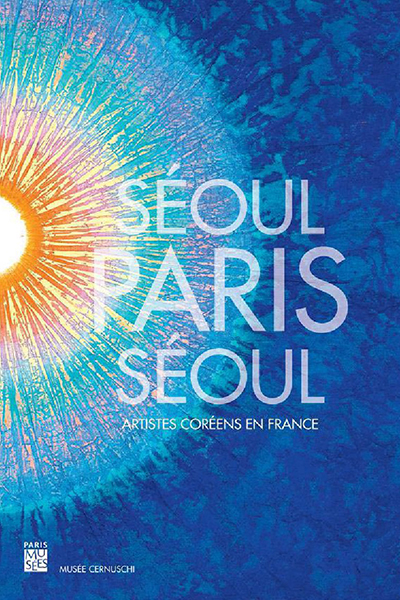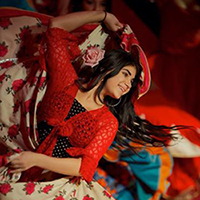 Contemporary Art, from Seoul to Paris
Contemporary Art, from Seoul to Paris South Korean art settles in Paris
In the context of the year of Korea in France, the Cernushi museum has dedicated an art exhibition to Korean contemporary art. The artists represented have all experimented an expatriation which had several impacts on their work.
130 years of friendship between France and Korea
From September 2015 to August 2016, France will wear the colours of Korea to celebrate a 130-years friendship: in 1886, the two countries started diplomatic relations with the conclusion of a friendship and trade agreement. The France-Korea year is supported by the French Institute and the Ministry of Foreign Affairs and marks a consolidation of this partnership through the promotion of Korean culture in France. Theatres, museums, cinemas and public areas in France will host artistic, scientific, sports and food events all year. From March to December 2016, Korea will in turn welcome French culture on its territory.
This process takes part in a tradition of cultural expansion towards internationalisation: it finds its origins in the French Old Regime and was developed throughout the years. Every year, France pays an intellectual and cultural tribute to a specific nation, showing as such its openness on the world.
Seoul-Paris-Seoul
Among the flagship events of the France-Korea year, an exhibition on contemporary art in the Cernuschi museum in Paris is open until the 7th of February 2016. The institution is specialised in Asian arts and gathered 60 pieces from the National Museum of Modern Art in Korea, the Lee Ungno museum in Daejeon and private collections. The exhibition is entitled "Séoul-Paris-Séoul" and is built around the idea of intercultural exchange: the 22 Korean artists represented have all lived in France from the 1950's. Their experiences of expatriation have contributed to the development of Korean contemporary art. From Lee Ungno to Yoon-Hee - from pioneers to contemporaries - visitors may enjoy the creations of three generations of plastic artists who offered the Korean scene an international audience.
Diversity of languages in art
In order to put in perspective the diversity of styles and techniques used by these 22 artists, the theatre design of the exhibition relies on a bet: it doesn't hesitate to put in parallel pieces that at first glance only have the nationality of the artist in common.
These face to face create an interesting play of mirrors. Paintings from Lee Bae and his reflexion on the organic density of charcoal bring us back to the mineral nature of the strange lunar landscapes by Shim Kyung Ja. Exhibited next to the pieces of Park in-Kung, the paintings of the Korean pioneer of modernism Lee Ungno are used as a support to reflexion on the gradual rise of contemporary art, still tainted with references to Asian academic pictorial models.
Between the apparition of new artistic trends and the resilience of traditional techniques, visitors are brought to ponder on the question of the traits common to all pieces of art. A few leads are unveiled: the influence of calligraphy in the creations, or the frequent references to costumes.
The exhibition is a gorgeous demonstration of the pictorial richness of Korea. This is no coincidence if Korea is currently considered as one of the most dynamic countries of the Asian continent.

